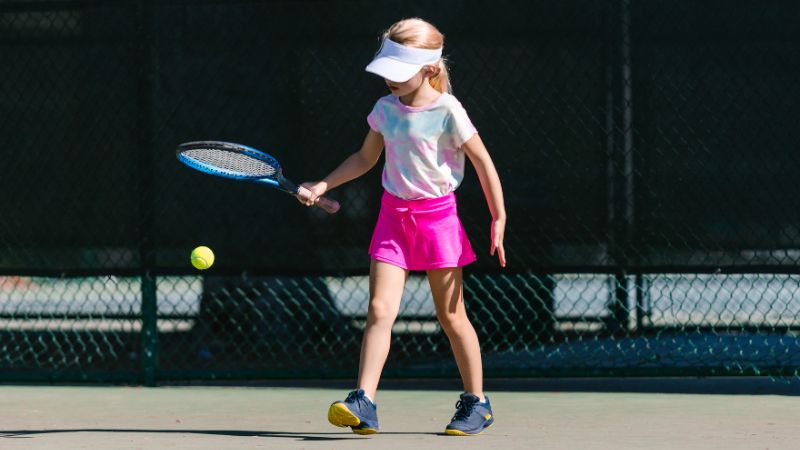
Sport, beyond its physical benefits, is an unparalleled teacher of cognitive skills. It instills organizational prowess, decision-making acumen, problem-solving capabilities, interpersonal skills, leadership qualities, and the ability to express, motivate, control, learn from victories and defeats. Moreover, it imparts values such as routines, discipline, perseverance, tolerance, trust, and respect, fostering holistic development.
Emotional Resilience Through Sports
Emotional intelligence is a cornerstone of human experience, encompassing a spectrum of raw feelings and emotions. Sports offer a unique platform to nurture emotional intelligence, with myriad benefits for personal growth and lifelong resilience.
Engaging in sports, particularly those with open skill requirements, exposes children and young people to dynamic situations involving teammates, opponents, coaches, and spectators. These scenarios serve as ideal incubators for the development of cognitive capacities that resonate throughout their lives.
Balancing Confidence
In our society, undue emphasis is often placed on academic achievements, while other activities are marginalized, leading many children to lose self-esteem prematurely. It is imperative that children find confidence and motivation through activities they genuinely enjoy, fostering a positive mindset and a sense of purpose.
Sport emerges as a potent tool for parents to instill values and principles in their children, preparing them to face the challenges of life with resilience and integrity, both on and off the playing field.
As we peer into the future, where algorithms are poised to dominate the job market, it becomes imperative to equip our children with competencies at an early age. A focus on highly competitive sports aligns seamlessly with the capitalist economic spirit and addresses societal values of individuality, responsibility, and human creativity.
China’s Success in Sports
China’s successful cognitive revolution, as evidenced by its meteoric rise in sports and other fields, underscores the potential impact of early talent development. The nation’s commitment to fostering capabilities such as commitment, discipline, dedication, and effort at an early age has proven instrumental in its transformation into a global powerhouse.
To implement a cultural revolution of this magnitude, parents must establish clear and defined goals. The discovery, training, and development of talents from a young age, guided by specialized individuals and proven plans, require unwavering commitment from all stakeholders. This approach serves as a strategic blueprint to navigate the challenges posed by the impending algorithmic labor revolution.
Conclusion
Sports not only contribute significantly to economic growth but also provide a powerful solution for parents seeking to cultivate a foundation where young children can grow with ambition, embrace success, and value the rewards of sustained effort. This proactive approach not only secures personal success but also positions individuals to thrive amidst the evolving dynamics of the future labor landscape.
